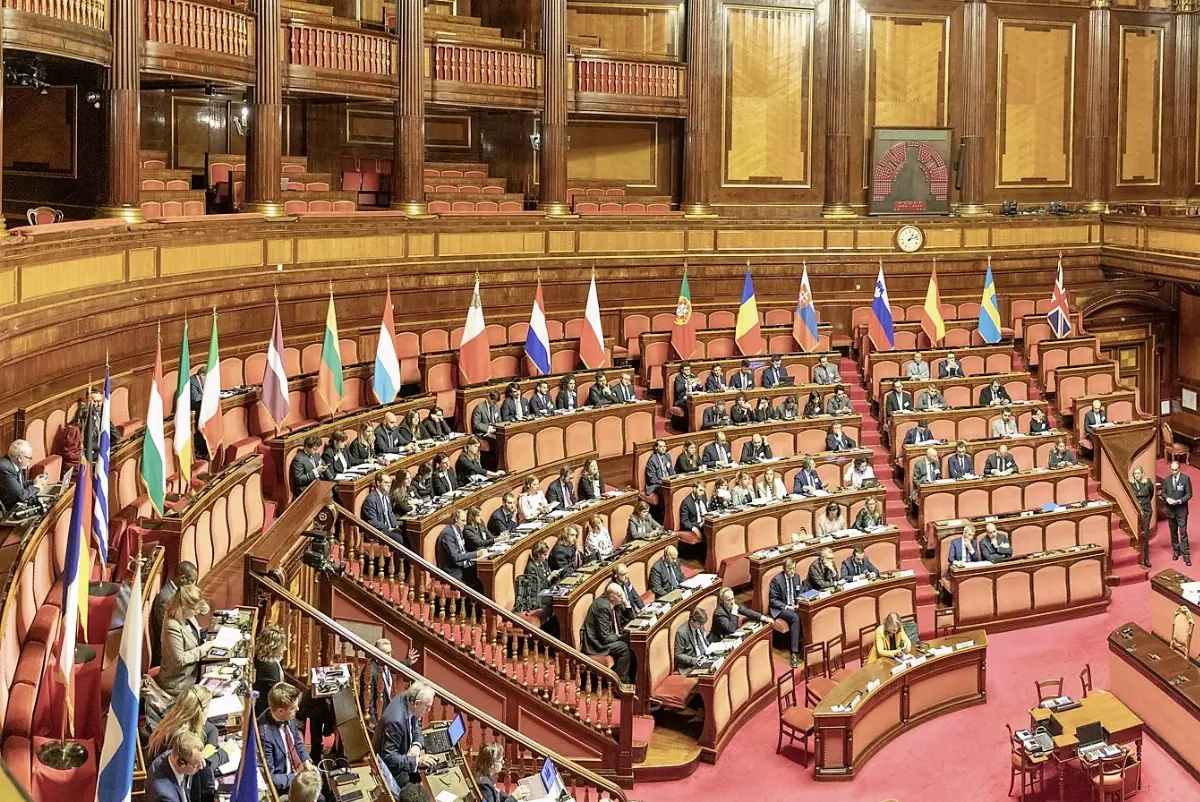
Synthetic food bill passes in the italian Senate
Production and marketing ban approved with 93 yes, 28 no and 33 abstentions

The bill prescribing a ban on the production and marketing of synthetic food and feed has passed the Senate. The hall of Palazzo Madama gave the green light to the provision with 93 yes, 28 no and 33 abstentions. The draft is now being examined by the Chamber of Deputies. The bill also contains a rule that prohibits the designation of "meat" for foods obtained from vegetable proteins.
However, the opposition of Italians to synthetic foods is even more prevalent among the people than in Parliament. A survey by Notosondaggi, mentioned by Coldiretti (italian main association of direct farmers), in fact reports support for the bill by 74% of Italians.
It is, reads a note, "a response to the great mobilization of Coldiretti which led to the collection of over 2 million signatures in support of the provision, with over 2 thousand municipalities that often unanimously voted in favour, all Regions of every political color and representatives of all sides as well as ministers and undersecretaries, national and European parliamentarians and mayors".
"The vote of the Senate - reports Coldiretti - also takes up the doubts expressed in the first Fao - WHO report on "Cellular-based food", a definition considered clearer than the term "cultivated" (for example "cultivated meat"), preferred instead by the manufacturing industries but considered to be misleading by the two world authorities, who also point out how the word "synthetic" is also used by the academic world as well as by the media.From allergies to tumors, there are 53 potential health hazards linked to laboratory-produced foods identified in the document.
However, concerns also weigh on the environment. The results of the research carried out by Derrick Risner and his colleagues at the University of California in Davis - continues Coldiretti - have shown that the global warming potential of synthetic meat defined in equivalents of carbon dioxide emitted for each kilogram produced is 4 to 25 times higher than that of traditional beef".
"Italy, which is the world leader in food quality and safety, has the responsibility of leading the way in health and environmental protection policies" says the president of Coldiretti Ettore Prandini , reiterating the "precautionary principle" that animates the design of law. Therefore, "the challenge that Coldiretti launches to the European institutions is that the products in the laboratory in the authorization processes are not equated to food but rather to products of a pharmaceutical nature", concludes Prandini , launching a "challenge" to the "European institutions" so that "the products in the laboratory in the authorization processes are not equated to food but rather to products of a pharmaceutical nature".
EFA News - European Food Agency